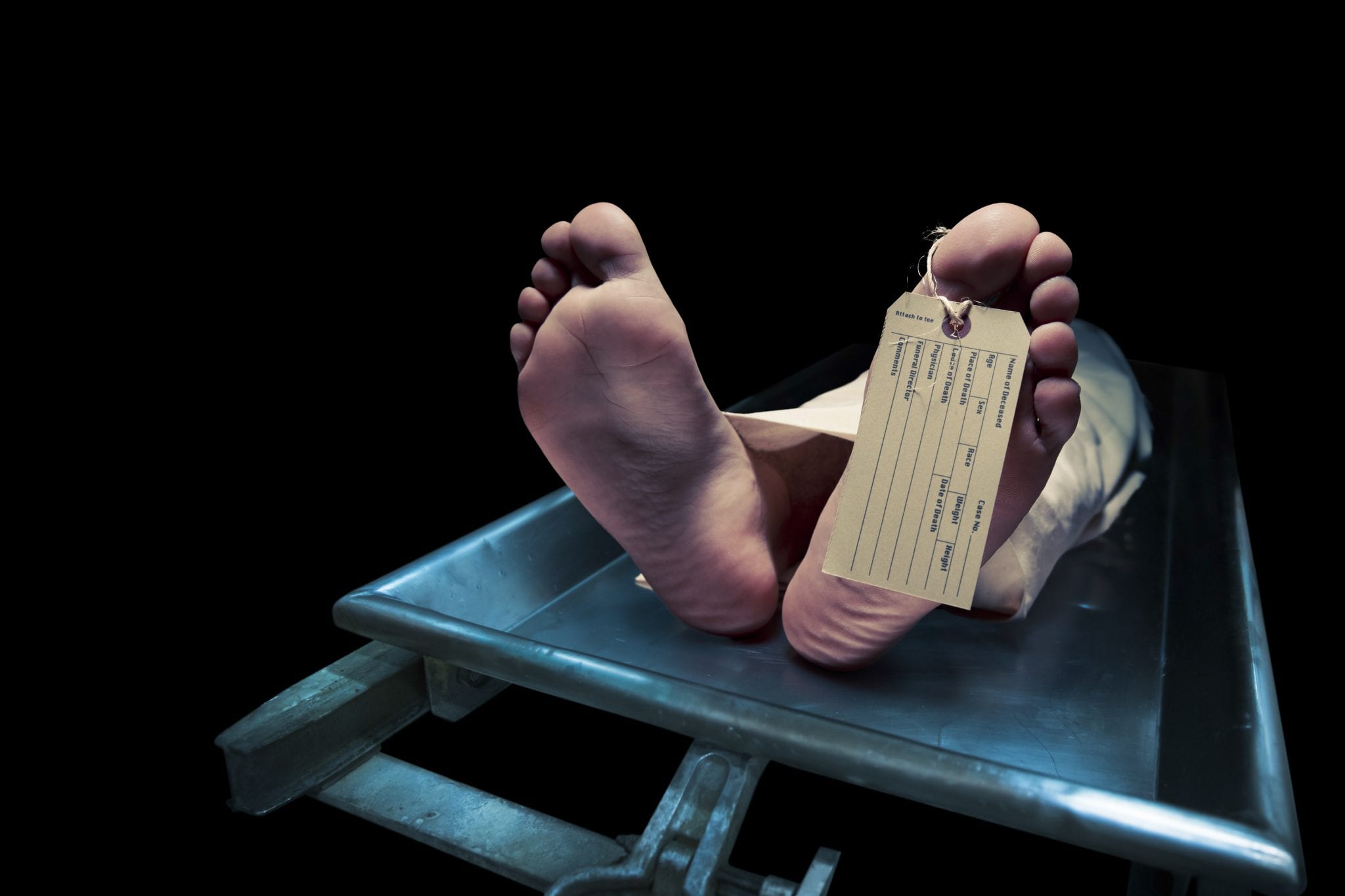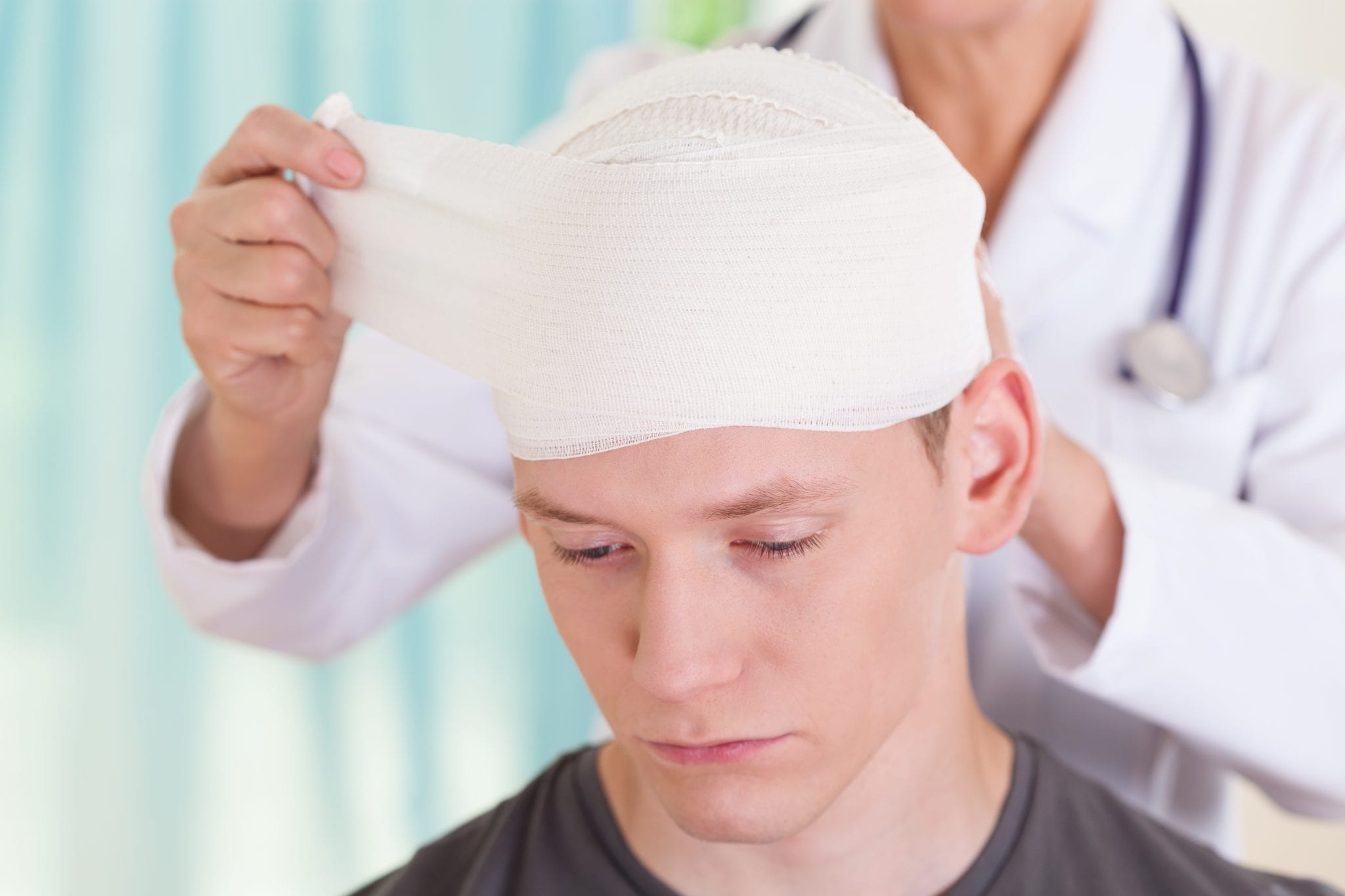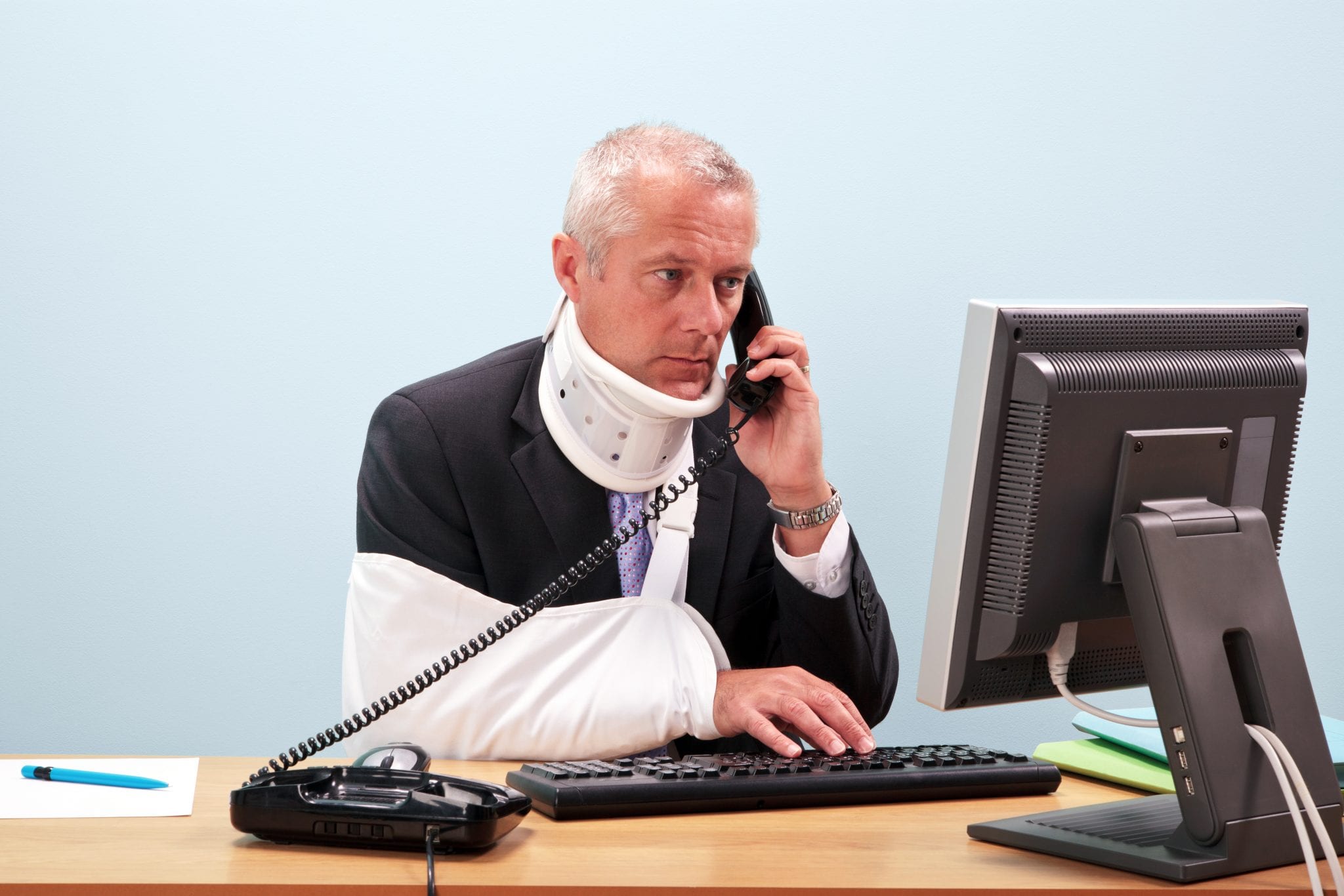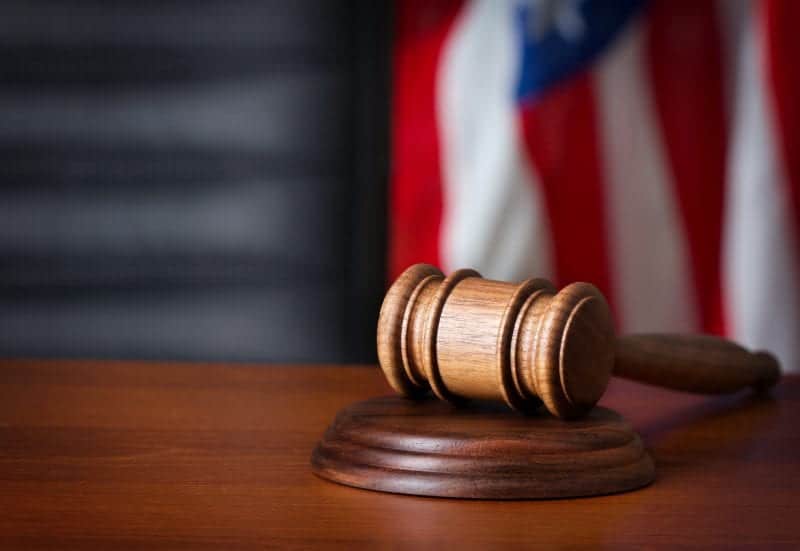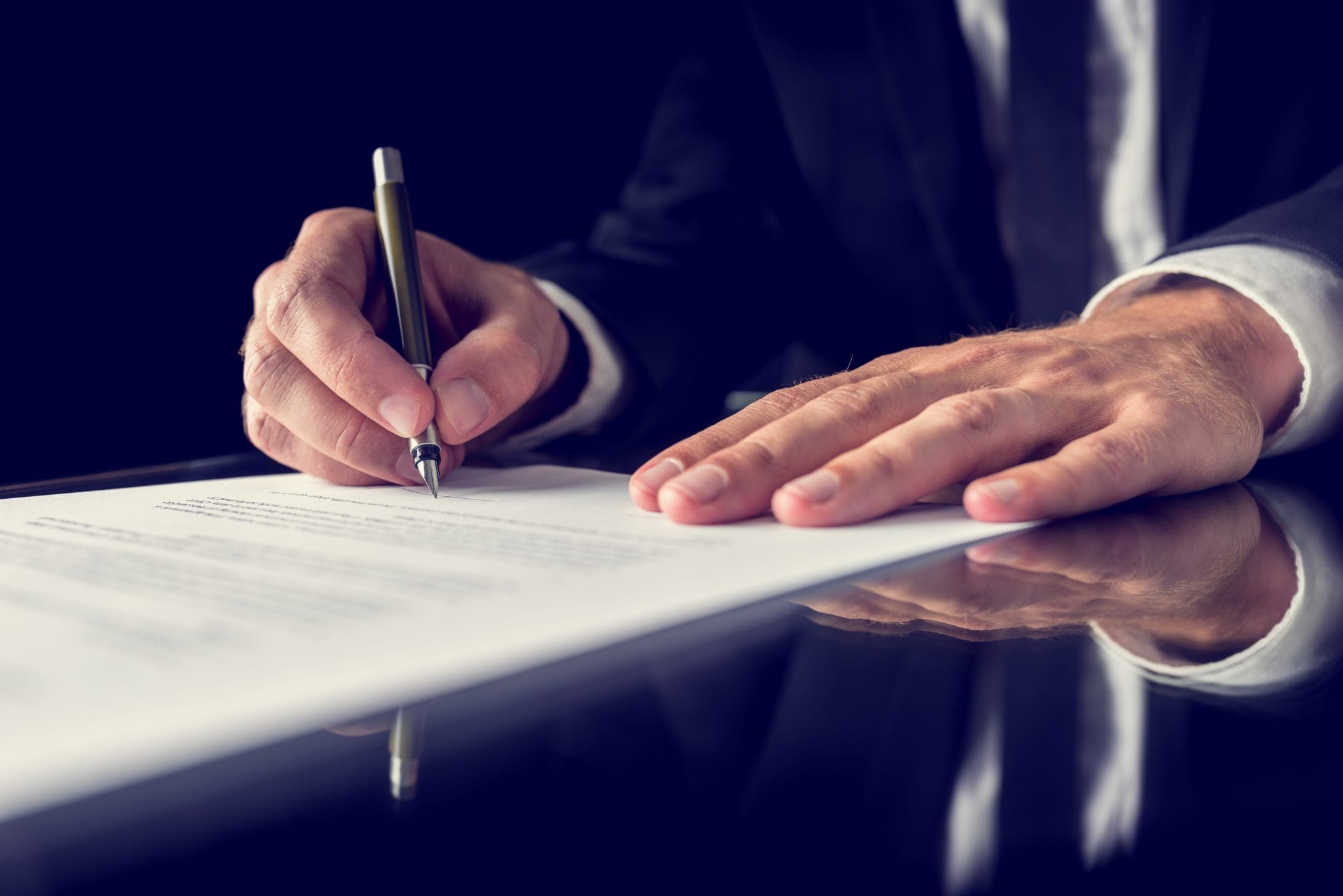An Explanation of Wrongful Death Claims
Have you recently lost a loved one in a car accident where the other driver was at fault? Was your loved one taken from you early because of injuries caused by malfunctioning machinery or because they were prescribed the incorrect medication? Losing a loved one is devastating under normal circumstances, but when death is unexpected and the result of another person’s negligence, you may be able to file a wrongful death claim.
In Georgia, filing a wrongful death claim comes with specific rules that can be challenging for survivors of the deceased to process. It is important to seek the help of an attorney who can get you the compensation and closure you deserve.
What Qualifies As A Wrongful Death
According to Georgia legal codes, a “wrongful death” is defined as the death of a person due to the “negligent, reckless, intentional, or criminal” acts of another entity (person, business, etc.). Examples of when a wrongful death might occur include instances of medical malpractice, motor vehicle collisions, defective products, premises liability, violence, and work injuries. In these instances, certain survivors of the deceased may be able to bring a successful wrongful death lawsuit.
Who Can File A Wrongful Death Claim
A wrongful death case may be initiated by survivors of the deceased. This typically is the surviving spouse or parent. However, if there is no surviving spouse, children may file a wrongful death claim. In addition, a personal representative of the deceased may file a wrongful death claim, in which case damages recovered are held by the estate for the benefit of the deceased’s next of kin.
Compensation Available For Wrongful Death
There are two different types of wrongful death claims in Georgia. The first type of wrongful death claim seeks to establish the “full value of the life of the deceased.” In such cases surviving family members can recover monetary damages for both the monetary and intangible value of the deceased person, including:
● Any lost wages and benefits the deceased may reasonably have earned if they had not passed; and
● Pain and suffering, loss of companionship, and other non-monetary damages felt by loved ones of the deceased.
The second type of wrongful death claim, the “estate claim”, seeks compensation for financial losses that occurred because of the deceased person’s death. Here it is the deceased person’s estate seeking damages such as:
● Medical expenses for injuries or illness that caused the death;
● Funeral and burial expenses for the deceased; and
● Any pain and suffering the deceased endured before death.
Statute Of Limitations
A wrongful death claim must be filed within the time specified by the Georgia statute of limitations. Under most circumstances, the survivors have two years from the date of death to file a wrongful death claim in court. Depending on your case, however, the time may be lengthened or shortened and it is extremely important you file a case before the clock runs out.
Exceptions, for example, exist if there are criminal proceedings in court for the same wrongful death. The two year statute freezes and begins running after the criminal case is completed. There may also be an additional five year toll for cases where the person’s estate is not probated.
Why You Need An Attorney
In Georgia, a wrongful death attorney will usually work on a contingency fee basis, meaning the attorney isn’t paid until the case is successfully settled. Call wrongful death lawyer Joel Williams to speak to an experienced wrongful death attorney about your options. 833-LEGALGA
